Scientific Methods
Results for "scientific methods"
 Status: PreviewPreviewT
Status: PreviewPreviewTThe University of Edinburgh
Skills you'll gain: Liberal Arts, Deductive Reasoning, Scientific Methods, Artificial Intelligence
4.8·Rating, 4.8 out of 5 stars206 reviewsMixed · Course · 1 - 3 Months
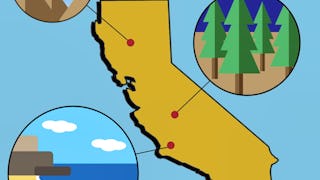 Status: PreviewPreviewU
Status: PreviewPreviewUUniversity of California, Santa Cruz
Skills you'll gain: Environmental Science, Natural Resource Management, Laboratory Reports, Environment and Resource Management, Environmental Monitoring, Data Collection, Environment, Scientific Methods, Land Management, Biology, Hydrology, Water Resource Management, Climate Change Adaptation
4.7·Rating, 4.7 out of 5 stars53 reviewsBeginner · Course · 1 - 3 Months
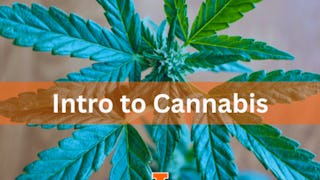 U
UUniversity of Illinois Urbana-Champaign
Skills you'll gain: Chemistry, Taxonomy, Production Process, Biochemistry, Biology, Anatomy, Laboratory Research, Scientific Methods
4.8·Rating, 4.8 out of 5 stars25 reviewsBeginner · Course · 1 - 3 Months
 Status: Free TrialFree TrialI
Status: Free TrialFree TrialIImperial College London
Skills you'll gain: Continuous Quality Improvement (CQI), Patient Safety, Health Systems, Clinical Leadership, Patient-centered Care, Data Quality, Community Health, Scientific Methods, Health Disparities, Risk Analysis, Cultural Diversity
4.9·Rating, 4.9 out of 5 stars80 reviewsMixed · Course · 1 - 4 Weeks
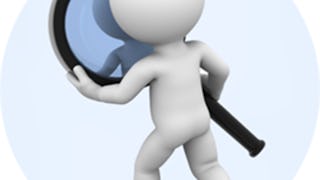 Status: PreviewPreviewJ
Status: PreviewPreviewJJohns Hopkins University
Skills you'll gain: Verification And Validation, Pharmacology, Environmental Science, Research, Safety Assurance, Scientific Methods, Food Quality Assurance And Control, Laboratory Research, Biostatistics, Bioinformatics, Research Methodologies, Research Design, Epidemiology, Risk Analysis, Statistical Analysis
4.7·Rating, 4.7 out of 5 stars120 reviewsBeginner · Course · 1 - 3 Months
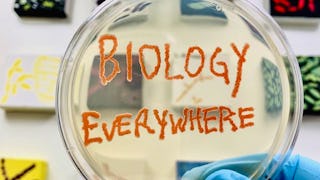 Status: Free TrialFree TrialU
Status: Free TrialFree TrialUUniversity of Colorado Boulder
Skills you'll gain: Biochemistry, Chemistry, Biology, General Science and Research, Molecular Biology, Scientific Methods, Water Quality, Nutrition and Diet
4.5·Rating, 4.5 out of 5 stars234 reviewsBeginner · Course · 1 - 4 Weeks
 Status: Free TrialFree TrialU
Status: Free TrialFree TrialUUniversity of California, Davis
Skills you'll gain: Experimentation, Product Testing, Laboratory Testing, Food Quality Assurance And Control, Laboratory Experience, Food and Beverage, Consumer Behaviour, Scientific Methods, Systems Of Measurement, Case Studies, Quality Assurance, Physiology, Research Design, Science and Research, Statistical Analysis, Nutrition and Diet, Target Market, Human Factors, Anatomy, Product Development
4.6·Rating, 4.6 out of 5 stars68 reviewsBeginner · Specialization · 3 - 6 Months
 Status: PreviewPreviewU
Status: PreviewPreviewUUniversidad Austral
Skills you'll gain: Curiosity, Student Engagement, Investigation, Student-Centred Learning, Teaching, General Science and Research, Learning Strategies, Pedagogy, Scientific Methods, Classroom Management, Instructional Strategies, Experimentation, Diversity and Inclusion
4.8·Rating, 4.8 out of 5 stars120 reviewsBeginner · Course · 1 - 4 Weeks
 Status: PreviewPreviewU
Status: PreviewPreviewUUniversity of California, Irvine
Skills you'll gain: Systems Thinking, Analysis, General Science and Research, Materials science, Simulations, Biology, Scientific Methods, Mathematical Modeling, Physics, Psychology, Applied Mathematics
4.4·Rating, 4.4 out of 5 stars164 reviewsMixed · Course · 1 - 3 Months
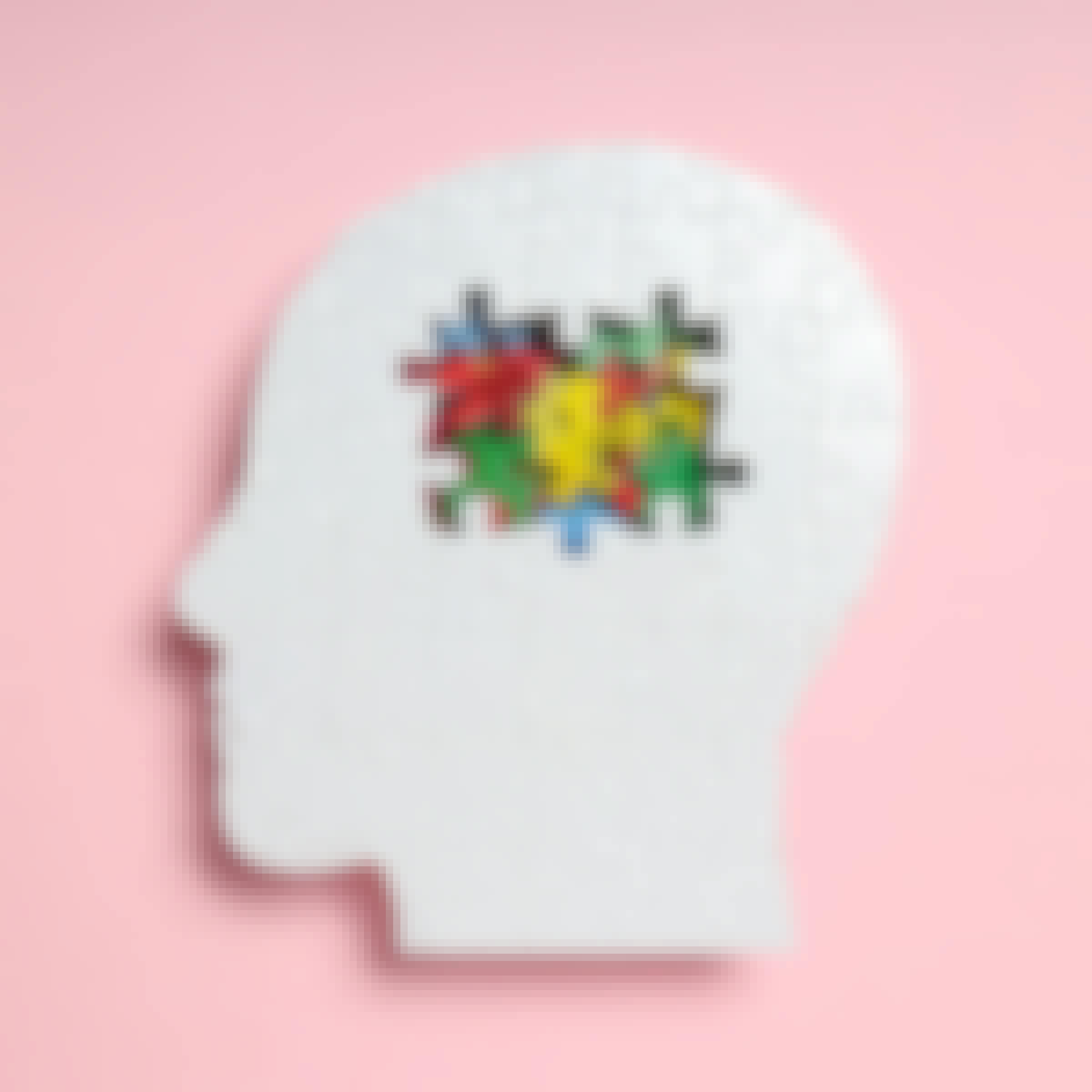 Status: NewNewStatus: Free TrialFree TrialU
Status: NewNewStatus: Free TrialFree TrialUUniversity of Cambridge
Skills you'll gain: Human Learning, Psychology, Magnetic Resonance Imaging, Medical Imaging, Neurology, Research Methodologies, Research, Human Development, Learning Theory, Scientific Methods, Child Development
4.7·Rating, 4.7 out of 5 stars42 reviewsMixed · Course · 1 - 3 Months
- Status: PreviewPreviewS
Sapienza University of Rome
Skills you'll gain: Ancient History, Public History, Political Sciences, Art History, European History, World History, Research, Investigation, Social Sciences, Culture, Governance, Scientific Methods, Data Collection, Storytelling
4.4·Rating, 4.4 out of 5 stars322 reviewsBeginner · Course · 1 - 3 Months
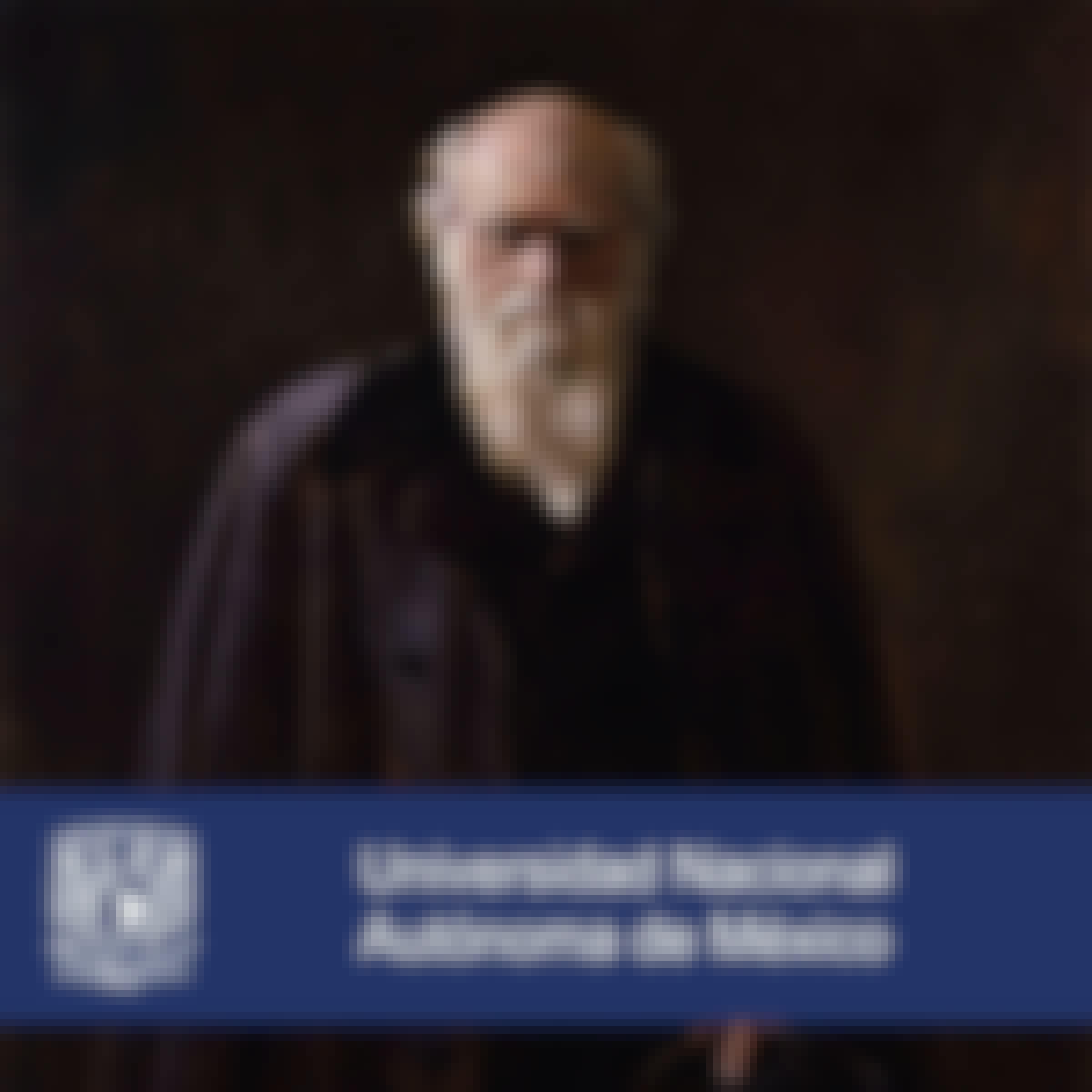 Status: Free TrialFree TrialU
Status: Free TrialFree TrialUUniversidad Nacional Autónoma de México
Skills you'll gain: Life Sciences, Biology, European History, Taxonomy, Specimen Collection, Scientific Methods
4.8·Rating, 4.8 out of 5 stars356 reviewsBeginner · Course · 1 - 4 Weeks
